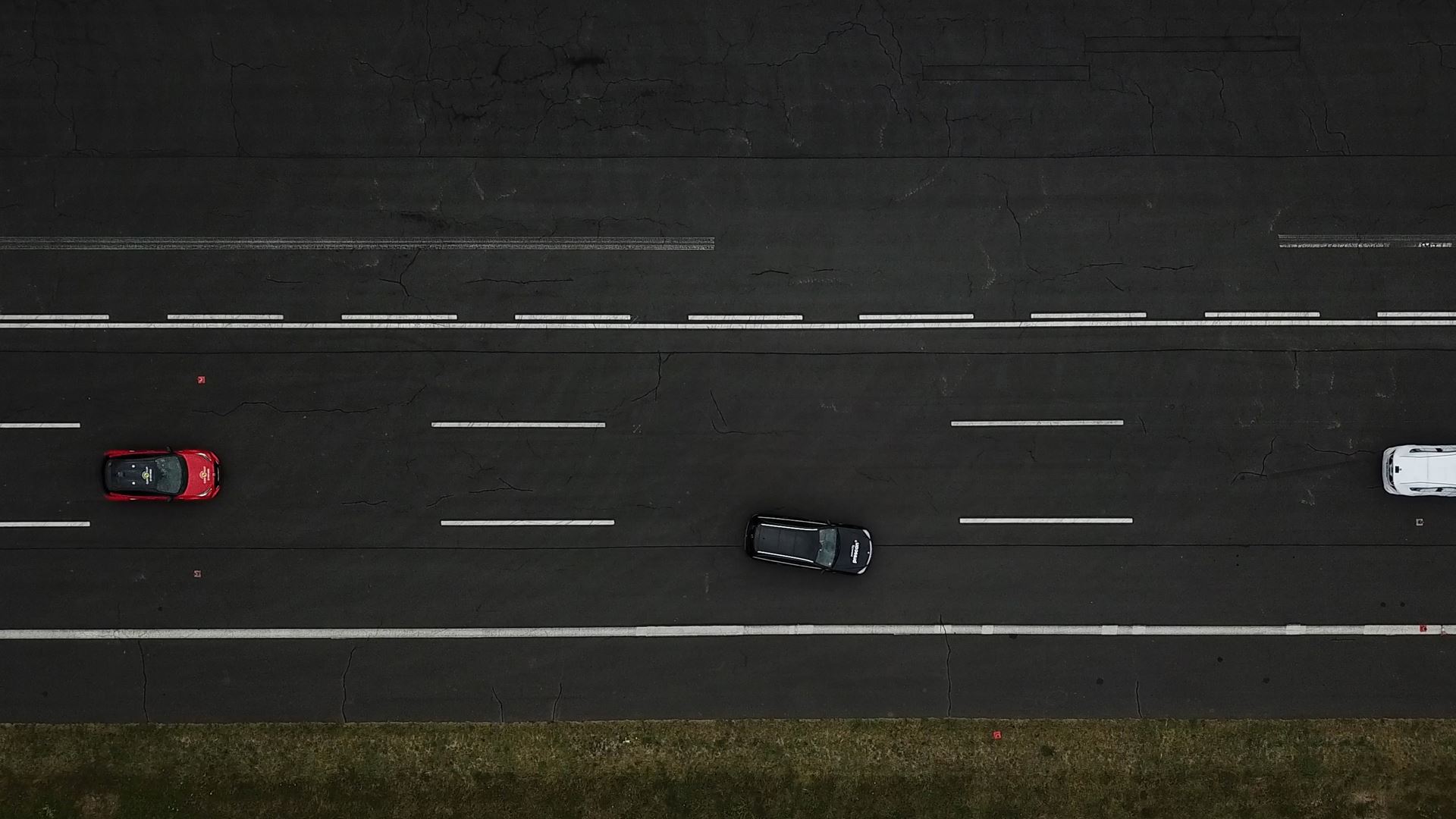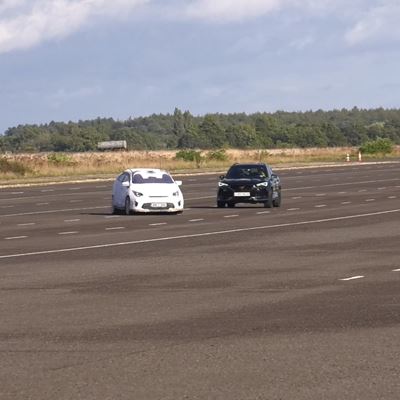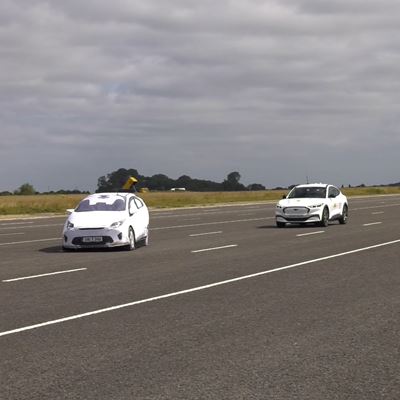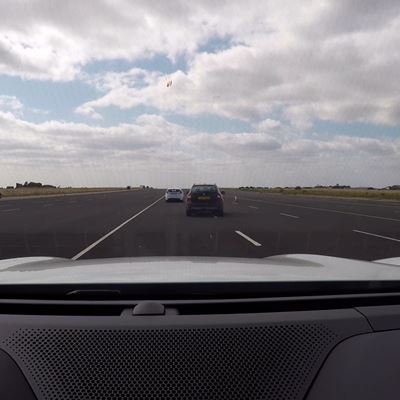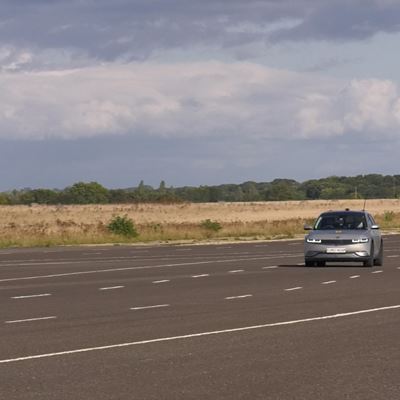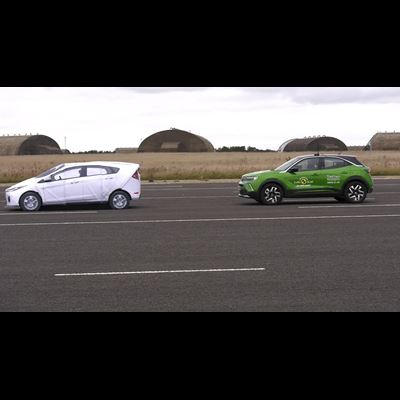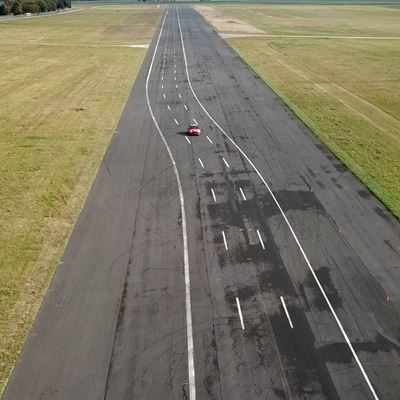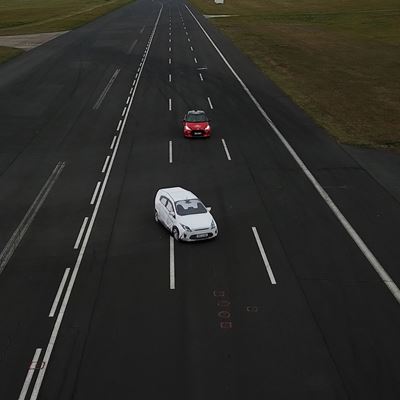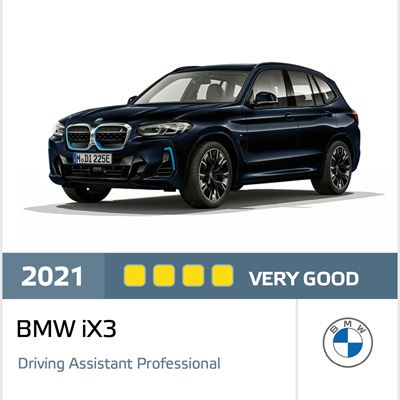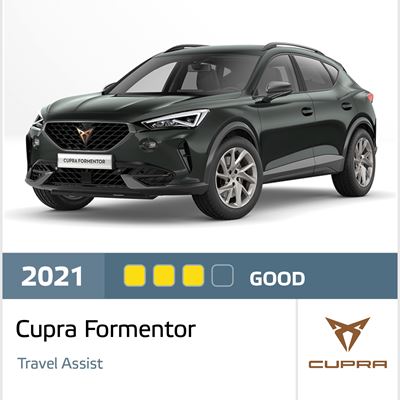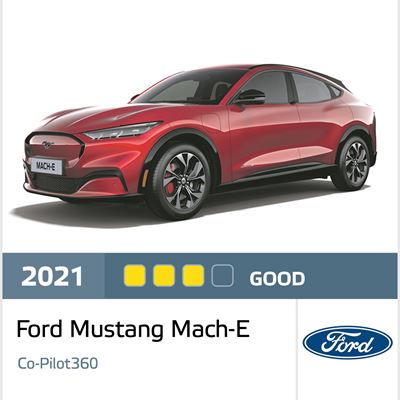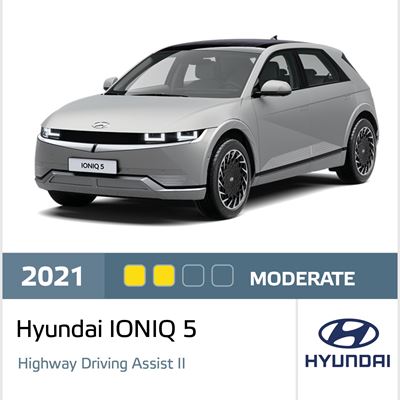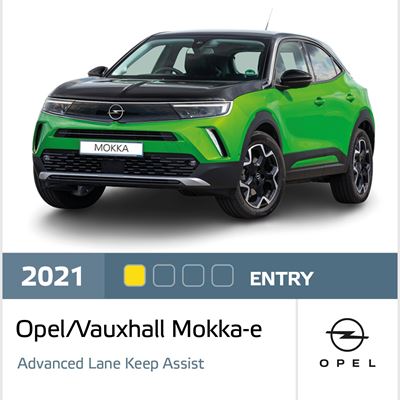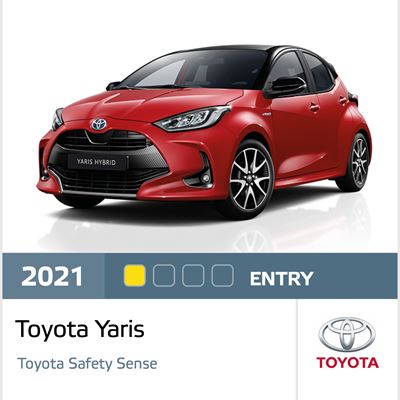Auto-Off: Euro NCAP Delivers New Set of Highway Assist Results
25 November 2021 - Today, Euro NCAP publishes the Assisted Driving gradings of seven cars equipped with Highway Assist. The overall best performer in this batch is the BMW iX3, graded as ‘Very Good’. Two others – the Ford Mustang Mach-E and the CUPRA Formentor – achieve ‘Good’ gradings. The assist systems of the Polestar 2 and the Hyundai IONIQ 5 are graded as ‘Moderate’, while the Toyota Yaris and Opel Mokka-e offer ‘Entry’ level systems.
Highway Assist systems help the driver to maintain a steady speed, to keep a safe distance from the car in front and to keep the vehicle in the centre of the lane by combining (intelligent) Adaptive Cruise Control (ACC) with Lane Centering (LC). Highway Assist systems are designed to assist the driver, not to take control, and the driver is expected to keep his hands on the wheel and his eyes on the road at all times. For this reason, Euro NCAP tests not only the car’s ability to assist and promote safer driving, but also evaluates how the system engages the driver and, if the unexpected happens, what safety backup is offered by the vehicle.
The technology, first offered on premium vehicles, has gone mainstream in recent years and is now available on cars in all categories, albeit with varying degrees of sophistication and at different price points. In its previous rounds of Assisted Driving tests in 2018 and 2020, Euro NCAP found some vehicles promised more than they could deliver, implying, through their naming and interaction with the driver that they provide more automation than they were capable of doing. All the cars tested in this round, however, offer a balance between Assistance Competence – the degree to which the system can help the driver – and Driver Engagement – the extent to which the driver feels they must remain in control and not disengage from the driving task.
Michiel van Ratingen, Secretary General of Euro NCAP, says “This balance between assistance and engagement is crucial. Cars are not yet capable of fully automated driving and drivers should not be misled into thinking that they are. Reports from America have highlighted the very serious problems that can happen when people have an unrealistically high expectation of what such systems can offer, and when the car in which they are driving does not actively try to get them back in the loop. We are pleased that the manufacturers represented in this round of tests make clear the level of support that they can provide.”
The iX3, the electric variant of the BMW X3 range, has as standard a new sensor-set which delivers its Very Good level of assisted driving. The same sensor set is offered on combustion-engined X3s as an option. The Polestar 2 achieved a Moderate grading, limited by its performance in Vehicle Assistance. Polestar will perform an over-the-air (OTA) update of the car’s software very soon and Euro NCAP looks forward to assessing the upgraded vehicle in the near future.
The range of cars tested demonstrated the growing prevalence of Assisted Driving across the spectrum of vehicle categories. Entry level systems, while offering less functionality than more sophisticated ones, nevertheless provide the driver with a useful level of support, and that fact that they are offered on volume-selling cars shows the direction of travel for automated driving.
Euro NCAP’s tests are set against a rapidly changing legislative background. Technology is developing very quickly and the degree of automation that is allowed and what action the car must take when, for example, it tries to hand control back to an unresponsive driver is being reviewed. Euro NCAP’s future tests will take these regulatory changes into account.
Editor’s note
For full results, visit www.euroncap.com or Euro NCAP's newsroom for journalists.
For media information, please contact us at media@euroncap.com.
Follow us online and on social media:
Twitter
Facebook
Instagram
YouTube
About Euro NCAP
Euro NCAP organizes crash & safety tests on new vehicles and provides motoring consumers with a realistic and independent assessment of the safety performance of some of the most popular cars sold in Europe. Established in 1997 and backed by several European Governments, motoring, consumer and insurance organizations, Euro NCAP has rapidly become a catalyst for encouraging significant safety improvements to new car design. Visit our website: www.euroncap.com.
Euro NCAP ratings strictly apply to vehicles of the specifications offered in Europe. The ratings do not necessarily apply to models offered in other regions, even when sold under an identical name, as production specification and equipment may vary.
MEDIA
PRESS RELEASE DOWNLOAD
CONTACTS
-
Cordelia WilsonMedia AdvisorUnited Kingdommedia@euroncap.com+44 7857 915 964
MORE FROM LATEST RELEASE
-



Euro NCAP reveals details of the first ever Heavy Truck safety rating tests at NCAP24
-
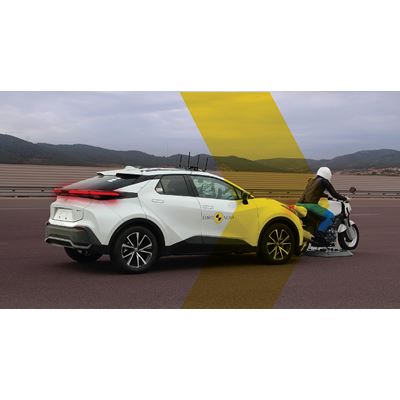


Euro NCAP releases safety results for three highly anticipated cars: the NIO EL6, the Toyota C-HR, and the Honda CR-V
-



Euro NCAP to Launch New Round of 2024 Safety Results
-
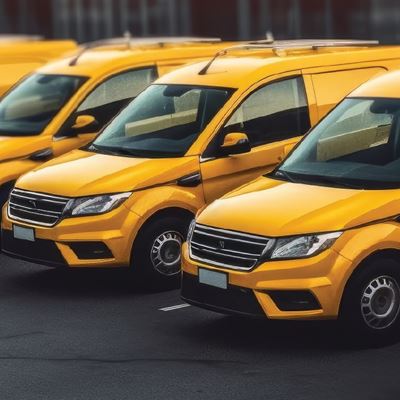


Euro NCAP calls on carmakers to make ADAS more widely available in small panel vans




